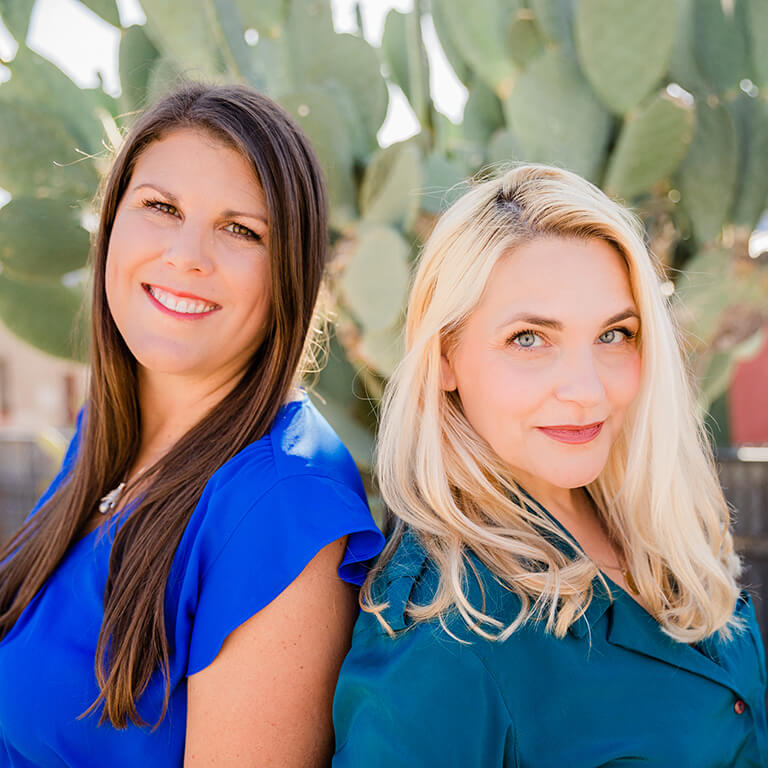
Can Probiotics Offer a Solution to Thinning Hair in Menopause?
Women’s hair is like a part of their identity. We cut it, dye it, style it, and shape it in a way that complements our personalities. A part of our image is having our hair precisely the way we want it to be. So when your hair starts thinning and you start experiencing hair loss issues with the onset of menopause, it can confuse you leaving you to wonder how to fix it. That is why it is good to know that studies on probiotics and thinning hair show successful results.

Thinning hair is a common issue in menopause, as almost half of all women go through it. But you might even not notice it at first, because hair loss is subtle at the onset of menopause. The decline of female hormones is the reason why you have thinner hair, just like it is for other symptoms you may have. And if you have other hormonal imbalance in your body, this might be the cause of thinning hair as well.
Some women do not pay a lot of attention to their symptoms, but for others, hair loss can harm their self-esteem and body image. Women may become anxious during this period and even suffer from depression. Do not let that happen to you – thinning hair in menopause is very natural and certainly treatable. You can also take some natural steps to support your hair and help it stay healthier in menopause.
Natural Ways to Prevent Thinning Hair
Thinning hair and hair loss can make you lose confidence and lower your body image. But this can go away if you take steps to improve your diet and style of life. Here are a few tips that can help you take care of your hair in menopause.

Eat Healthily
It might sound new to you, but some diets are not actually friendly for your hair. If you are eating a lot of fatty, sugary, and processed foods, it is time to take control of your diet. Eat fruits and veggies, whole grains, healthy oils like olive and avocado oil, and such foods like omega-3 fatty fish, nuts, and flax seeds. Also, if you are not sure you get enough nutrients from your diet, take vitamin and mineral supplements.
Relax
Stress is a terrible thing for your hair. Did you ever notice how you lose more hair after days of stress at work or home? Well, in menopause, this gets even worse since your mood swings or anxiety might also stress you out. As a result, you should do your best to reduce stress by engaging in activities like yoga, meditation, and breathing exercises.
Drink Plenty of Water
Your whole body needs lots of water. You can get it from fruit and veggies you eat but also from plain, non-flavored water. Avoid juice and soda, because those are full of sugar, and your body sees them as food instead of water. Have at least eight glasses of water per day, not including the water you receive from other sources.
Exercise
Working out is excellent for your body and your immune system. When you exercise regularly, you feel better, happier, and stronger than ever before. There is some magic in moving more because apart from thinning hair, it can help you with other symptoms of menopause like hot flashes, weight gain, or low sex drive.
Avoid Dyes and Chemicals
Even if you take good care of your hair from the inside, it will not be of much help if you treat it with chemicals all the time. Heat, dyes, and hair products with parabens, SLS, and other harsh chemicals affect your hair poorly. They damage your hair, leaving it dry and with broken ends. Try to choose natural dyes, shampoos, and conditioners for your hair, and also avoid heat as much as you can.

How Probiotics Can Help with Thinning Hair Issues
Probiotics are good bacteria known for many health benefits. Recently, studies have also found that probiotics can help with symptoms of menopause, even in those women for whom they are severe. In this study, probiotics are seen to improve skin and hair in animal research, creating a healthy “glow.” When your hair and skin look healthy, you already look and feel younger, so this is a significant benefit of probiotics.
In another study (2), the authors found that Lactobacilli bacteria can help with hair loss induced by stress. Not only that but using probiotics could also help reduce inflammation of the skin, which can help you with skin problems like acne. Because stress in our life happens far too often, it is good to support your health and protect your hair health by using these friendly bacteria.
To test probiotics in fermented foods, researchers in Seoul used the beneficial bacteria found in local foods like kimchi and cheonggukjang to see whether they can impact healthy hair growth. And it turned out they can – after just a month of using these foods, they saw an increase in hair growth and decrease of hair loss among study subjects.









